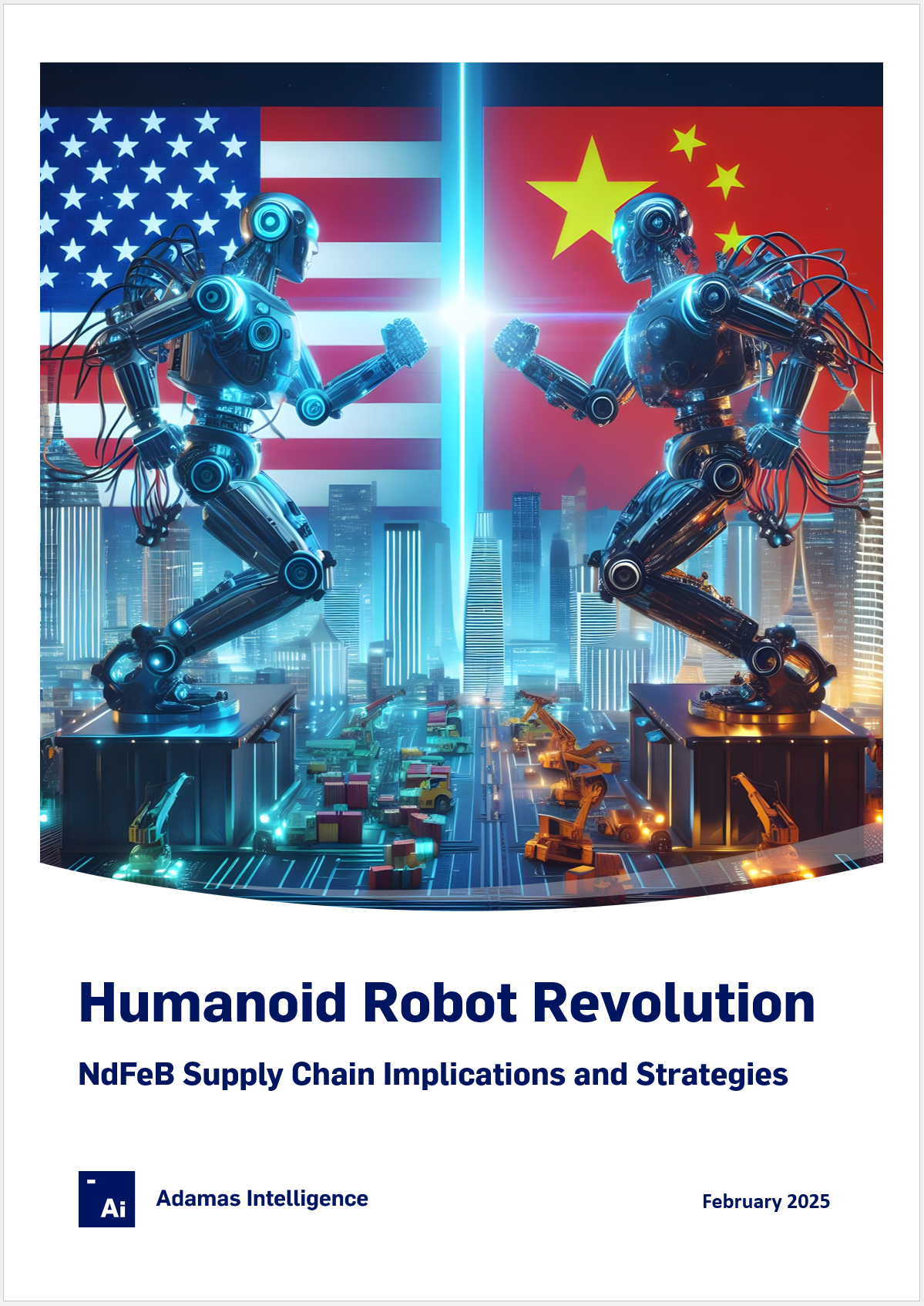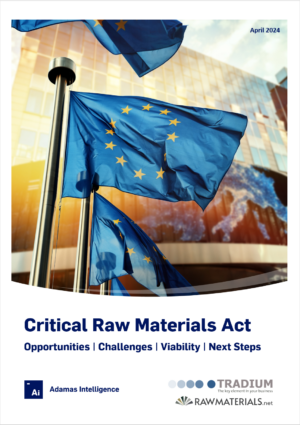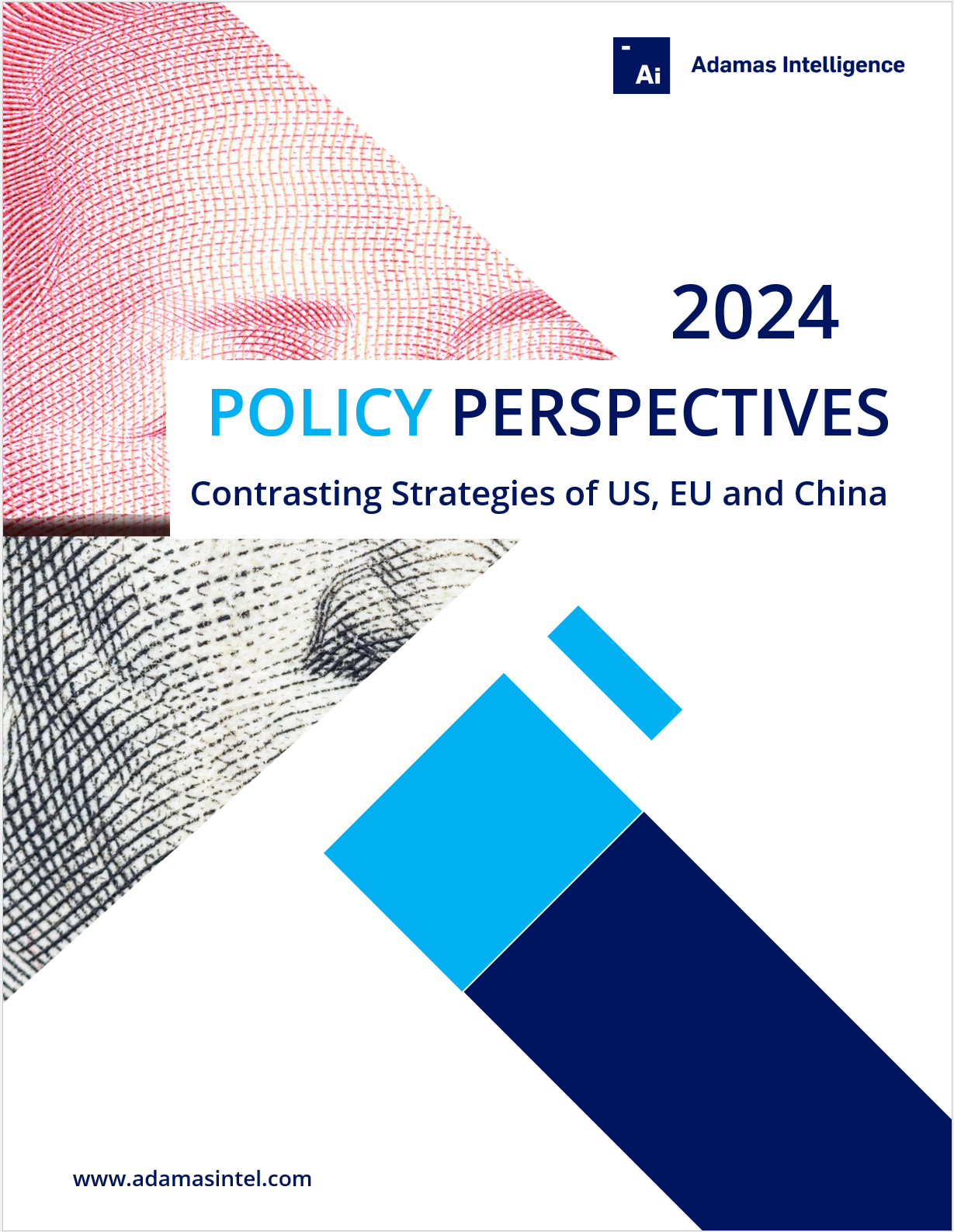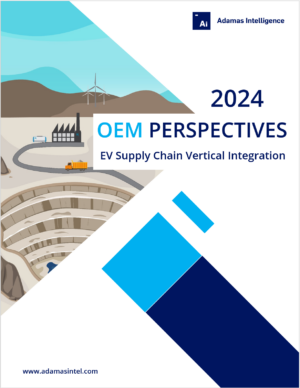What impact will Myanmar’s export tax have on rare earth prices?
Earlier this week, the Kachin Independence Army (KIA), which seized control of key mining sites in Myanmar late last year, reportedly told miners in Kachin state it will allow shipments of existing rare earth inventories to China from today, but it will levy a tax of 35,000 yuan ($4,800) per tonne of material, Reuters reported. Exports from Myanmar to China plummeted from September through December of last year and have since been volatile in 2025 to-date.

Earlier this week, the Kachin Independence Army (KIA), which seized control of key mining sites in Myanmar late last year, reportedly told miners in Kachin state it will allow shipments of existing rare earth inventories to China from today, but it will levy a tax of 35,000 yuan ($4,800) per tonne of material, Reuters reported.
Exports from Myanmar to China plummeted from September through December of last year and have since been volatile in 2025 to-date.
Mining operations came to a near standstill in October following the KIA’s takeover yet Chinese customs data shows that rare earth concentrate exports from Myanmar to China have continued, albeit at reduced levels, presumably from existing inventories.
This begs the questions – what’s left in Myanmar’s existing inventories, and what impact will the new KIA tax have on export prices in the near-term?
To the former question, we estimate Myanmar’s remaining inventories entail hundreds-to-low-thousands of tonnes of concentrate (primarily mixed rare earth oxide), relatively insignificant amounts that will do little to quench demand from China’s rare earth processors should mine output not resume imminently.
To the latter question, in February 2025, the average price of Myanmar’s mixed rare earth oxide exports to China was $24.71 per kilogram.
The new KIA tax of $4,800 per tonne ($4.80 per kilogram) from today would increase that price by 19% to $29.51 per kilogram and likely percolate through to a comparable increase in prices of dysprosium, terbium and other rare earths of economic significance in Myanmar’s concentrate.

If mining remains disrupted, the tax’s impact on downstream prices will likely be limited due to low export volumes. If operations resume and the tax persists, higher export volumes could amplify the price effect.
China’s rare earth processors are expected to accept the tax in the short term due to limited other options.
Over time, the tax could encourage the KIA to sustain mining, a cost China might tolerate to secure supply.
Yet, for China – seen as a supporter of Myanmar’s military government since the coup – this tax paid to rebels poses a dilemma and risks tainting the magnet supply chain reliant on Myanmar’s rare earths.
Register Now
Join us in Toronto in September 2025 for Rare Earth Mines, Magnets & Motors 2025 where we’ll explore this topic further with leading industry experts.
The two-day event will bring together business and technical leaders from across the global mine-to-OEM supply chain for high caliber discussions and networking at a 5-star venue.
Key themes of this year’s conference will include robotics, automation, advanced air mobility, and the emerging mine-to-magnet supply chain coming together upstream.
Special guest: Steve Wozniak, co-founder of Apple
More information: www.adamasevent.com







